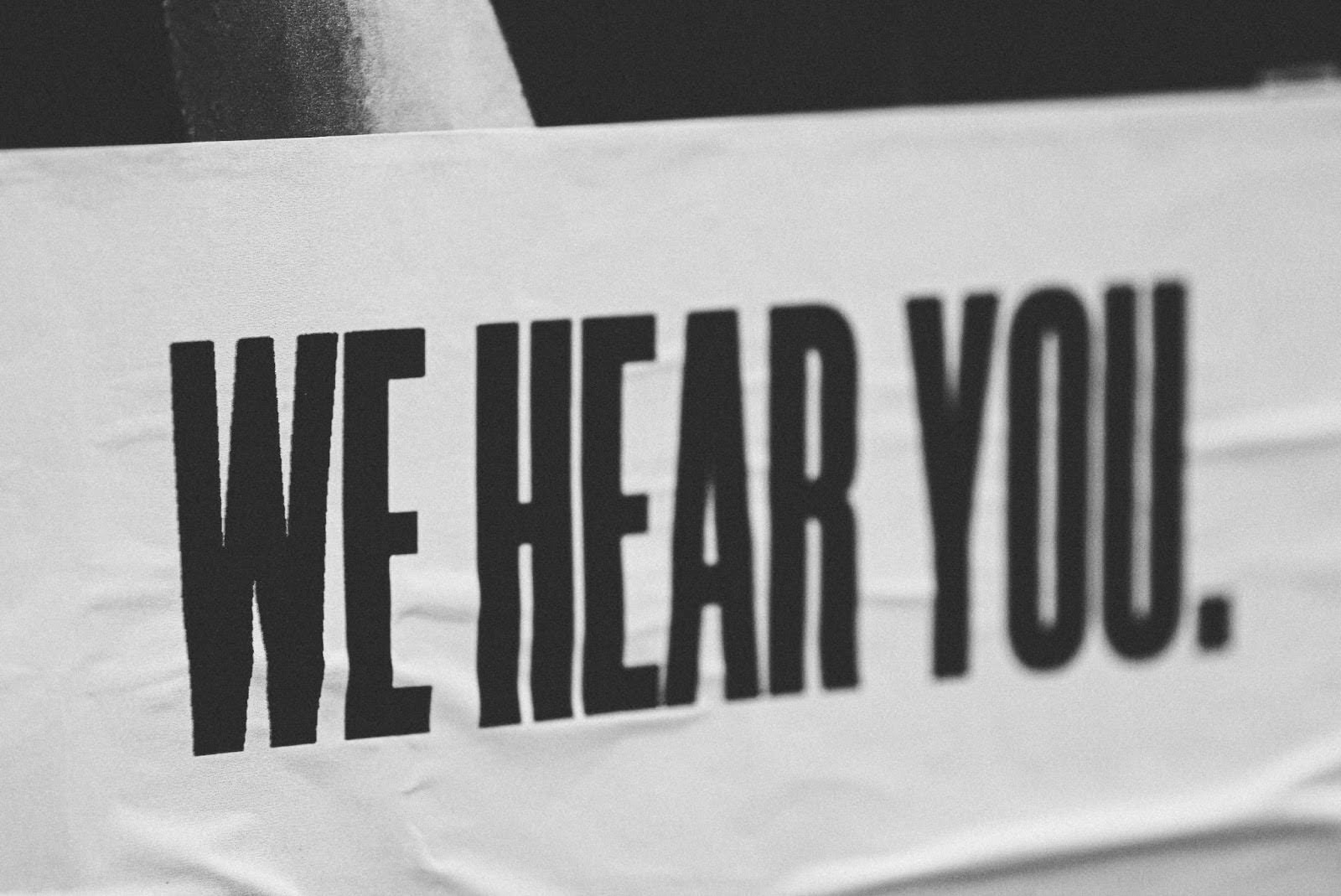At our Texas crisis center, some of the most effective work happens in silence. When a caller reaches out to our crisis hotline, they’re often overwhelmed, confused, or just in need of someone who will truly listen.
And that’s exactly what our trained volunteers do best.
It may not always look like action, but listening with care, empathy, and attention can change the course of someone’s life.
Hear one of our volunteers describe, in their own words, the process of listening, creating empathy, and gently assisting callers to find their own solutions:
Creating Empathy With a Crisis Hotline Caller
Creating empathy is the most important goal of a crisis line call taker, and it is the easiest to achieve. Creating empathy is not something I try to actively do. It is just something that naturally happens with my callers.
Sixty to seventy percent of the calls I receive are resolved by me doing very little.
I am not saying I do nothing. The best way I’ve found to help suicide center callers is to say as little as possible and focus on actively listening to them. Listening and accepting the caller’s emotions and feelings naturally and without judgment creates empathy. It may seem like you’re not doing anything, but I’ve found that saying as little as possible is the solution for most of my callers to feel better and hang up with a better frame of mind.
My goal is not to figure out how to solve the caller’s current problems or deepest emotional issues. I don’t think about how to find the caller a home or a job. I don’t think about suggesting my thoughts or opinions. I just listen.
People want to be understood and accepted. They want their feelings to be heard, and simply listening is the easiest and most effective way to reach this goal. This makes them less defensive and more willing to clarify their feelings, evaluate their own situation, and consider other points of view. As a call taker, this allows us to lead the caller to a calm and logical conclusion.
This is how most of my calls go:
Often, I get callers who immediately say they are not suicidal but just need someone to talk to.
My response is “That is why we are here. What is going on with you tonight?”
My objective is to get the suicide center caller to talk.
Many callers had a precipitating event that motivated the call, but many did not.
They are just feeling really depressed and want to talk about what they are feeling.
I don’t try to take notes, I just focus on the caller’s story and listen. I may interrupt with a question to which I already know the answer—this is just a tactic to show I am listening.
I might say, “You said her? You are talking about your girlfriend, right? Not your mother because you mentioned earlier…”
The caller’s response is “Right, yes, my girlfriend…”
And I say, “Right, I was just…”
Even just an “uh-huh” or “right, I see” is enough, and then I go back to just listening.
When a caller talks about their difficulties with a relationship or their job, I might ask an open-ended question like, “How is that working for you?”
I know the answer, but part of the solution is for the caller to say out loud: “I’m not doing very well”.
They have acknowledged and taken ownership of their problem.
Then I ask, “What are you gonna do to make it better?’
This is part of the catharsis. The caller then articulates their thoughts and possible options for resolution.
Most often, callers have already come to a solution on their own but are hesitant to act.
By simply asking the right open-ended question, it can crystalize for the caller what they need to do.
Leading a caller to articulate their feelings, thoughts, and worries out loud to an unbiased listener naturally leads them to realize the decisions and actions they already knew they needed to take to resolve their current issues with no input from me.
Most often, this is the extent of my actions, and this almost always results in the caller saying, “Wow. I feel better. Thank you for listening. I have to go do my dishes…” As they hang up, they are in a calmer and clearer state of mind. The caller is now confident in taking the best action they already knew they needed to take to improve their life.
I really did not do anything except listen without judgment or suggestion, because listening really is the easiest and most effective way to achieve empathy with another human being.
We Are Here To Listen
At our Texas crisis center, this kind of quiet support happens every day. And it matters.
Whether someone is experiencing a mental health emergency, grieving a suicide loss, or simply facing a hard moment they don’t want to face alone, our crisis hotline is here 24/7.
You don’t have to wait until it feels “serious enough.” If you’re struggling, reach out.
Call our depression hotline in Texas: (214) 828-1000 (214) 828-1000
No judgment. No pressure. Just someone ready to listen.
